Clan Oliphant’s history is long and colourful, here we have created a timeline for the Oliphant’s history.
Clan Oliphant Historical Timeline
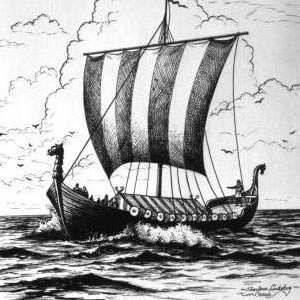
Early History (800-1200)Covering Clan Oliphant’s foundation and its emergence from out of the mists of time. |

Moden Times (1760 -)Highlights of Clan Oliphant’s members’ more notable achievements in public life over the last 250 years. |

Middle Ages (1200-1650)Read about Clan Oliphant’s development into the period of its greatest influence in Scotland. |
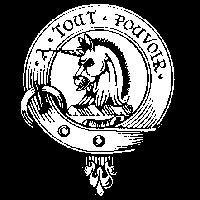
Oliphant History – “A Norman Herring?”Listing various entries relevant to the Oliphants. |
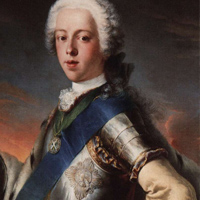
Jacobite History (1650-1760)Prince Charles Edward Stuart; The Bonnie Prince The Oliphant history in support of the Jacobite cause, fighting for Bonnie Prince Charlie and the Stuart Kings and, afterwards. |
Clan Oliphant Lands

PerthshirePerthshire is generally considered the homeland of the Oliphant Clan. The principle seat of Clan Oliphant in early times was Aberdalgie |
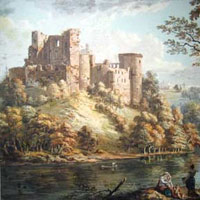
LowlandsWhile the Oliphant Clan was mainly centered in the central highlands (in the counties of Perthshire, Angus, Fife etc.), lands were also held in the Lowlands. |
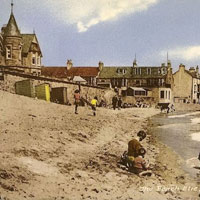
FifeAfter Perthshire, Fife was the county most populated by Oliphants. Those in the East Neuk (east) of the county were almost certainly descendants of the Kellie branch. most lived around Pittenweem, St. Andrews and Cupar. |
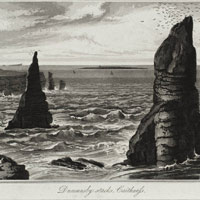
CaithnessThe Caithness Lands were the source of much conflict for the Oliphant Clan, far more than any other land possessed by the Clan. |
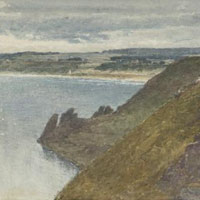
AngusThe Oliphant Clan was granted land in Angus from Robert Bruce after the wars of independence. These lands included Kinpurney, Balcraig, Newtyle and Auchtertyre. |

Ancient LandsClan Oliphant was once situate in the area now known as Kincardineshire (also known as the Mearns.) Donald Holifard was shipwrecked on the East coast of Scotland in the 9th Century. |
Clan Oliphant Castles
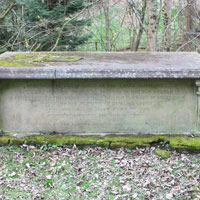
AberdalgieAberdalgie is the earliest seat known of the Lords Oliphant in the highlands. |
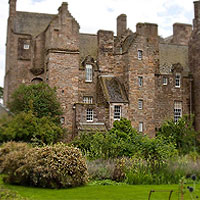
Kellie CastleThe first legitimate mention of Kellie was in the reign of David I, although MacBeth was Thane of Kellie. |
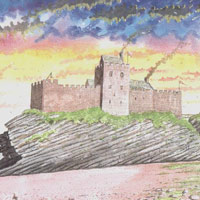
Berriedale CastleBerriedale Castle was originally a fortification under Sir Reginald Cheyne in the 14th century, who had many such fortifications in the area and thus great power in the 13th and 14th centuries. |
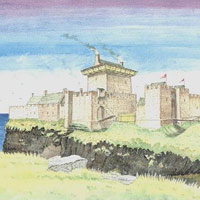
Old Wick CastleOld Wick was originally a fortress for Haraald Madasson, the Norse Earl of Caithness, in the mid 12th Century. It is believed to have been built as the principle mainland seat for the Earl. |
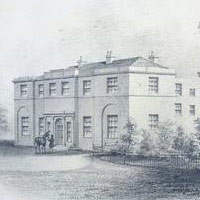
CondieCondie was formerly known as Newton and was held in the Oliphant Clan from the Sixteenth until the late Nineteenth century, when fire ravaged the house and consumed all the artifacts and portraits, although the silver was saved. |
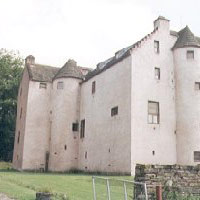
Hatton CastleHatton Castle is located in Newtyle, Angus (on the East of Scotland, East of Perth and South of Kincardine). |
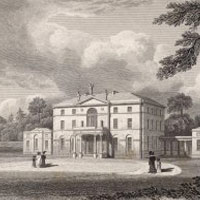
Gask HouseProbably the dwelling most associated with the Oliphant Clan from the 17th Century onwards is the house at Gask. |
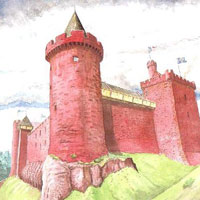
Other Seats and MonumentsOther seats and monuments connected to Clan Oliphant. |







